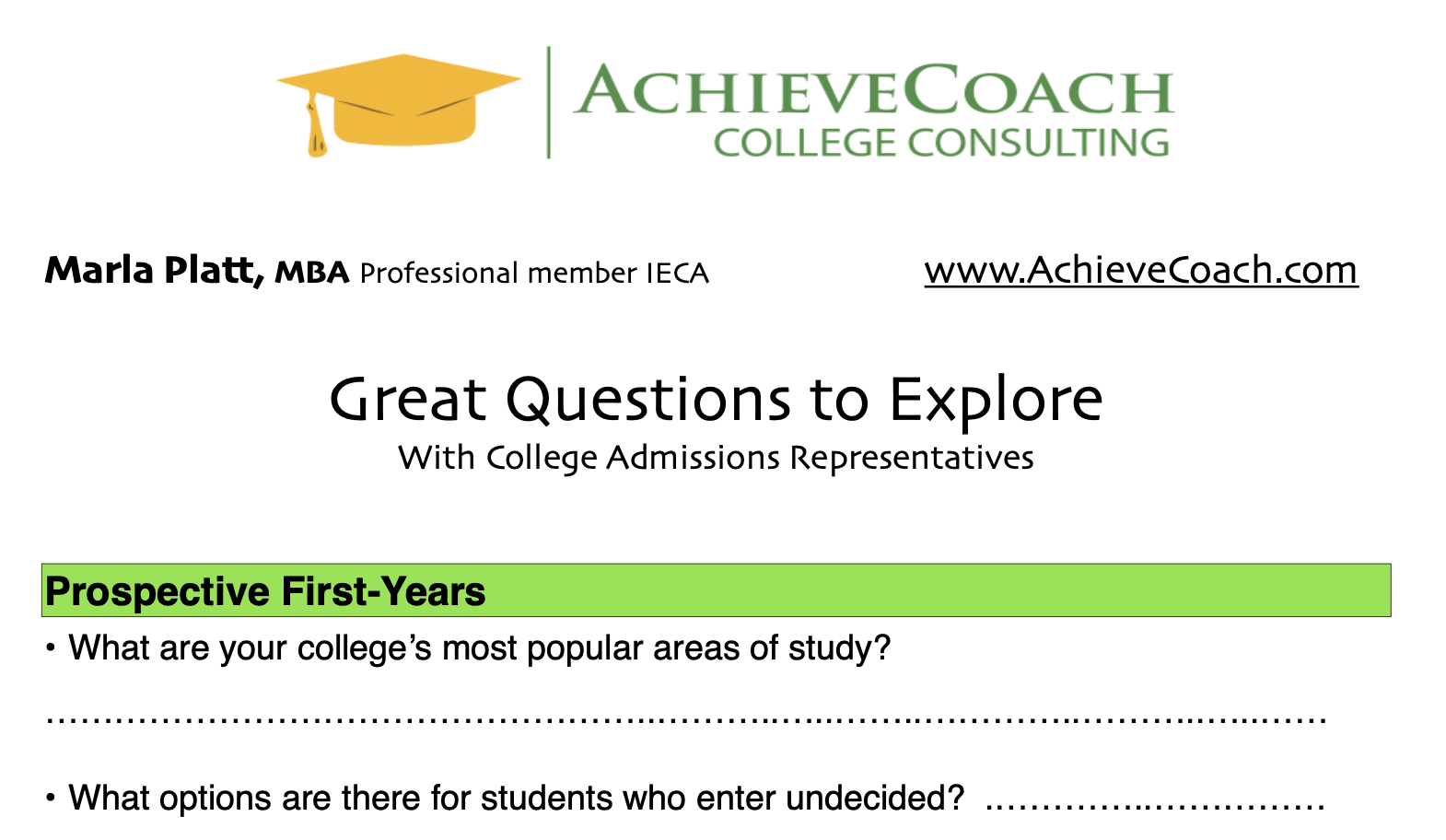Current Topics
The Many Flavors of Test Optional

The menu of choices continues to expand
It's 2024, and we live in a tutti-frutti world of standardized testing policies and options.
The COVID pandemic had transformed traditional testing requirements into a variety of options designed to serve students, as well as college Admissions Offices tasked with evaluating applicants' preparation for success at their schools.
Prior to COVID, hundreds of schools practiced test-optional admissions, reviewing SAT or ACT scores if submitted but not requiring them. Test-optional policies center around the belief that strong academic potential is not necessarily reflected in standardized testing results.
However, as more and more colleges began to waive testing requirements during the pandemic years, the vast majority have remained test-optional. Today, according to FairTest, the leading advocate for eliminating SAT and ACT testing in college admissions, there are nearly 2000 colleges and universities in the US offering some flavor of test-optional admissions.
So what does "test optional " mean?
Today's testing landscape offers a varied menu of policies. To navigate this diversity, here are some common test-optional approaches:
test optional
-- SAT or ACT scores are not required at time of application. For the entering Class of '25, nearly 2000 colleges plan to maintain a current test optional policy.
test free, score free or test blind -- SAT or ACT scores are not considered at time of application, even if an applicant submits a score. A few examples of schools that do not review test scores include:
The University of California system
The California State system
Worcester Polytechnic
Loyola University New Orleans
test scores required for all -- the traditional admission requirement. Today, some of the growing number of schools that require the SAT or ACT as part of the application for admission include:
Georgetown
University of Florida
Florida State
University of Tennessee
Indiana University - main campus
Purdue
test scores required for certain programs -- these often include engineering; nursing; specialty programs such as combined law or medicine
Quinnipiac
University of Cincinnati
Union College - Schenectady
permanently test optional:
Vassar
Champlain
the SUNY system
exemption policies -- these apply to applicants meeting a GPA or class rank minimum
Pace University
Auburn University
University of Scranton
Shifting sands
Note that some schools that had been test optional or test free are now back to considering or requiring scores:
MIT -- scores now required
Dickinson College -- scores now considered after suspending a test free policy
Variability within the system
Among state systems, there can be variability as to testing requirements school to school.
As an example, the University of Georgia system has extended its waiver of testing requirements however excluding flagships such as UGA, Georgia Tech, Georgia College and State University.
And international applicants may have different test requirements at any college, usually furnishing TOEFL, IELTS or Duolingo English Test scores as evidence of English-language proficiency.
As testing policies continue to morph, students will need to keep an eye on updates so they can put their best foot forward at the time of application.
Marla Platt, M.B.A. is an independent college consultant based in Sudbury, MA through AchieveCoach College Consulting, providing expert and personalized guidance to students and families throughout the college planning, search and admissions process. Marla is a professional member of the Independent Educational Consultants Association and can be reached via www.achievecoach.com
Recent posts







